About Islam
اَلْإِسْلَامُ
Islam
[Noun] Surrender
The word Islam means “surrender” to the will of God (Allah in Arabic). A person who follows the will of God as revealed in the holy Quran is called a Muslim. Muslims are those who believe in one God and in Muhammad as the final prophet of God. They devote their lives to the service of God, the Creator and Sustainer of the universe. Islam is the fastest growing religion in the world. Indeed, one out of every five persons on this earth is a Muslim and there are nearly 3 million Muslims living in United Kingdom and the number is growing daily.
Our beliefs
Islam teaches that God is the source of all creation and that human beings are the best of His creation. He communicates by inspiring them towards goodness and by sending prophets who deliver God’s message. Muslims believe that the first prophet was Adam followed by a long chain of prophets to guide humanity.
The Qur’an, according to Muslim belief, is the word of God revealed to Prophet Muhammad. It mentions many other prophets like Noah, Abraham, Isaac, Ishmael, Moses, Jacob, Joseph and Jesus (peace be upon them all) as well as revealing guidance as to how Muslims should organise their daily lives. All the prophets brought essentially the same message which is to believe in only one God and to obey him in all things.
The Prophet Muhammad (Peace Be Upon Him)
The Prophet Muhammad (peace be upon him) was born in Mecca in the year 570 A.D. The word Muhammed in Arabic literally means “The one who is praised a lot”.
As Martin Lings says in his famous biography of the Prophet, “She (the Prophet’s mother Amina) heard a voice say to her: “Thou carriest in thy womb the lord of his people; and when he is born say: ‘I place him beneath the protection of the One, from the evil of every envier; then name him Muhammad.” Muhammad was a very truthful and honest person. He was also very pious and detested the moral decadence of His society. At the age of forty, God asked him, through the angel Gabriel, to proclaim the religion of Islam.

Say: God is One, God is the Sustainer.
He has never had offspring, nor was He born.
And nothing compares to Him.
Qur’an 112
Pillars of Islam
The Five Pillars, as metaphorically implied, are the foundations upon which faith and sincerity in the worship of God is built. In essence, they provide the framework that Muslims should live by (in detailing the necessary actions required of them) and are incumbent upon all believers to observe with the highest degree of care and devotion. Ultimately, the pillars are the physical manifestation of Islamic belief but the religion extends beyond these actions. A key aspect of the faith is in the development of one’s self: consolidation of belief therefore is not confined to actions of the limbs but is also built on improving the states of our hearts and minds. Emphasis is placed on navigating life through adopting positive characteristics (sincerity, generosity, diligence, goodness and so on) in order to come closer to God and thus attain a level of excellence (Ihsan) in spiritually that gives one contentment and serenity.
1. Faith (Shahadah)
The first of all pillars and fundamental core of the religion is the Shahadah - an avowal of faith. In bearing witness that God is One and that his final messenger is the prophet Muhammad (peace be upon him), Muslims are declaring their conviction in monotheism and the divinity of prophetic example. This profession is integral to Islamic identity and has united people worldwide as one Ummah - one body of believers.
2. The five daily prayers (Salah)
Salah is more than just a prayer. It is a conversation between a believer and his Lord that encompasses both body and soul, five times a day. This is done through a recurrent set of actions that take the worshipper from standing to prostration: beginning with praising, asking for help and seeking guidance from Him in all of our affairs. In essence, it is an experience that allows us to take a step back from our temporary worldly distresses and connect with the One most able to support and aid us - the Most Compassionate, the Most Merciful.
3. Giving to charity (Zakah)
Zakah is an annual tax (a form of alms) obligated upon every Muslim who is able to pay. It is commanded as a purification of individual wealth, morals, property and soul. The minimum amount required is 2.5% of one’s income and savings which is given to those groups of people most in need of it.
4. Fasting (Sawm)
Fasting is an act of worship that believers, who are able to, observe for a month (Ramadan) each year to develop piety. The fast commences at dawn and is broken at sunset within which time we are to abstain from three categories of actions and thoughts: those ordinarily encouraged and permissible (food and drink), general immorality (such as backbiting or using obscene language), and from anything that detracts from our love and remembrance of God (the fasting of mind and soul).
5. Hajj, yearly pilgrimage to Mecca
The final pillar is a sacred pilgrimage to the Kaaba, the house of God, in Makkah. It was originally built by Abraham and his son, Ismael. All Muslims are obligated to make this journey once in their lives in so far as they are physically and financially able. In resigning to a prescribed sequence of rites (which stem from the trials faced by prophet Abraham and his family), the believers are encouraged to practise resilience through the hardships presented to them. That millions of people annually make this journey and are unified in dress, action and goal testifies to the belief that God differentiates between his creation not by race or societal status, but by piety.
